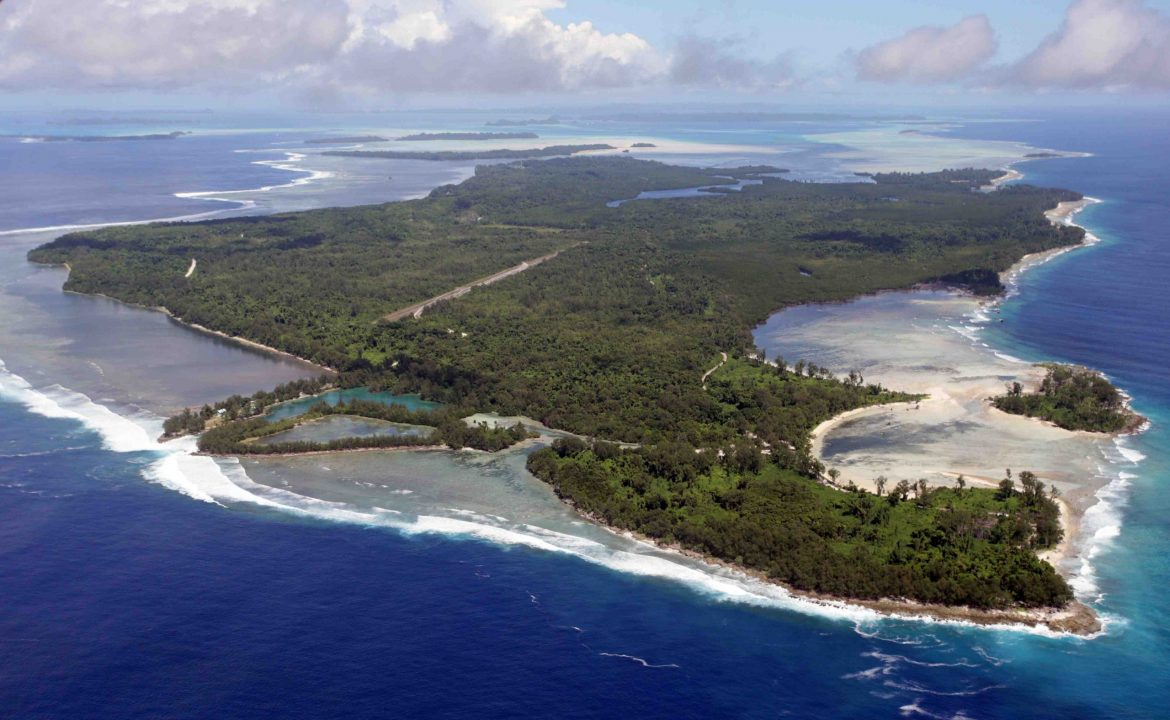A total of three developing countries have taken the first steps towards transforming the world’s response to climate breakdown and environmental destruction by making ecocide a punishable criminal offence.
In a submission to the international criminal court on Monday, the countries propose a change in the rules to recognise “ecocide” as a crime alongside genocide and war crimes. If sails through, the change could allow for the prosecution of individuals who have brought about environmental destruction, such as the heads of large polluting companies, or heads of state.
Vanuatu, Fiji and Samoa have proposed a formal recognition by the court of the crime of ecocide, defined as “unlawful or wanton acts committed with knowledge that there is a substantial likelihood of severe and either widespread or long-term damage to the environment being caused by those acts”.
The proposal was tabled before the ICC in New York on Monday afternoon, and will have to be discussed in full at a later date. Holding full discussions on the proposal is a process likely to take some years, and will face fierce opposition, though much of it will be behind the scenes as most countries will not wish to openly speak out against it.
Read also: Study: Rich countries silencing climate protest
Philippe Sands KC, a prominent international lawyer and professor of law at University College London, acted as a co-chair of the independent expert panel for the legal definition of ecocide, convened by the Stop Ecocide Foundation. He told the Guardian he was “100% certain” that ecocide would eventually be recognised by the court.
“The only question is when,” he said. “I was sceptical at first, but now I am a true believer. There has already been real change, as some countries have put it in domestic law. I think this is the right idea at the right time.”
Belgium recently adopted ecocide as a crime, and the EU has changed some of its guidance on international crime to include it as a “qualified” offence. Mexico is also considering such a law.
Jojo Mehta, a co-founder of the Stop Ecocide International campaigning group, which is an observer to the ICC, told the Guardian the move by the three Pacific islands marked a “key moment” in the fight to have ecocide recognised. “Once it’s on the timetable of the ICC, it has to be discussed,” she said. “Up to now, member states have not been obliged to address the issue.”
No countries have been willing to publicly say they oppose the adoption of ecocide as a crime, she said, but she expected resistance and heavy lobbying from high-polluting businesses, including oil companies whose executives could eventually be held liable if the offence were to be adopted.
Getting to the point where the ICC will consider the proposal has taken years. Stop Ecocide International has been campaigning on the issue since 2017, and Vanuatu made the first call for the crime to be recognised by the ICC in 2019.
Story was adapted from the Guardian.
